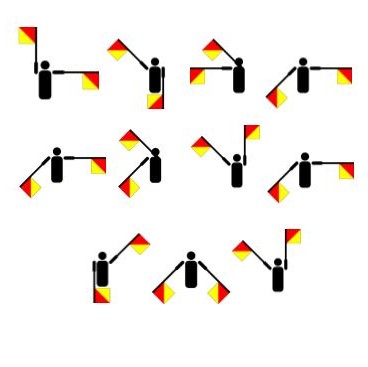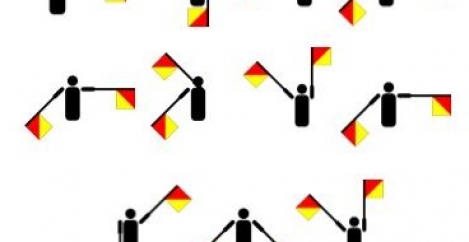July 23, 2019
Remote workers engage in harmful behaviour to signal commitment to employers
 A new study, published in the journal Organizational Science and authored by researchers from the University of California-Santa Barbara (UCSB) suggests that employees who are physically present in the office are seen as more committed, more productive, and harder working than colleagues who work away from the office. According to the study of two major blue chip organisations, perceptions of hard work and commitment translate to greater career opportunities including promotions that are not as readily available for remote workers.
A new study, published in the journal Organizational Science and authored by researchers from the University of California-Santa Barbara (UCSB) suggests that employees who are physically present in the office are seen as more committed, more productive, and harder working than colleagues who work away from the office. According to the study of two major blue chip organisations, perceptions of hard work and commitment translate to greater career opportunities including promotions that are not as readily available for remote workers.
Because of their need to show that they are just as committed as office based workers, remote workers become prone to making themselves available at more times and to attend meetings at inconvenient hours, all to curry favour with managers and colleagues and to gain access to the same career opportunities.
In the study, Get Noticed and Die Trying: Signals, Sacrifice, and the Production of Face Time in Distributed Work, UCSB management professor Paul Leonardi and researcher Ioana C. Cristea looked into how managers at two Fortune 100 companies, SunTech and Autoworks, perceived their remote employees. They found remote workers were more likely to sacrifice a family obligation or work overtime to prove they are committed, especially when there were large differences in time zones.
[perfectpullquote align=”right” bordertop=”false” cite=”” link=”” color=”” class=”” size=””]They have to continually engage in the behaviours that produce desired signals to the point where they often feel that they are sacrificing their personal lives[/perfectpullquote]
According to the study, this means that remote workers are especially at risk for things like disengagement, overwork, and burnout. It’s an extension of earlier findings on issues such as proximity and face to face communication, collaborative work, relationship building and trust. The study concludes that remote workers do not always have the tools they need to compensate for the loss of physical proximity with colleagues and the organisation.
“Face time helps employees to receive better work and leads to career advancement because it is a strong signal of their commitment to their job, their team, and their organization”, the report concludes. “But when employees are geographically distributed from managers who control the assignment of work, they are often unable to display face time. To compensate, employees must engage in other behaviors that signal commitment … because they operate in a competitive signaling environment, they have to continually engage in the behaviors that produce desired signals to the point where they often feel that they are sacrificing their personal lives for their job … simple behaviors that signal commitment eventually turn into feelings of sacrifice and why employees at headquarters who have the power to assign better work fail to notice the sacrifice behind the signals.”















